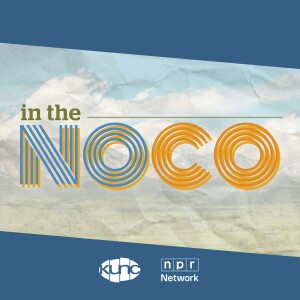
Libraries lead the charge for intellectual freedom
 2023-09-27
2023-09-27
On June 25, 1953, a group of librarians and publishers issued a statement affirming the right of Americans to read freely. But that right has been challenged continually over the decades, including right now. Within the last several years, there’s been a surge in efforts across the country to challenge and remove books from library shelves. According to an analysis by PEN America, a free speech advocacy group, book bans have been reported in more than 30 states.
Many of the challenges commonly target books about race, racism, or with LGBTQ characters or themes – but in some places, those challenges have expanded to include titles that discuss grief and loss, violence, and adolescent health and well-being.
Banned Books Week was developed as a way to celebrate the freedom to read, and to draw attention to efforts at censorship. For librarians and book fans alike, it feels especially weighty this year, the 70th anniversary of the issuing of the Freedom to Read statement.
For Diane Lapierre, executive director of Poudre Libraries, the week is an important acknowledgement of our First Amendment rights, and the critical role of libraries in defending intellectual freedom and the right to read. She spoke with host Erin O'Toole ahead of Banned Books Week, October 1 – 7.
Poudre Libraries will host programming and events throughout the week, including the Let Freedom Read Challenge (ages 12 and older). The Lyric in Fort Collins will host "Let Freedom Read: Uncensored" – which features live readings of passages from books that are frequently challenged.
And Colorado Press Women will host a discussion on book banning and information suppression at the Columbine Library in Littleton on Oct. 7. You can find more information and resources here.
More Episodes
Create your
podcast in
minutes
- Full-featured podcast site
- Unlimited storage and bandwidth
- Comprehensive podcast stats
- Distribute to Apple Podcasts, Spotify, and more
- Make money with your podcast
It is Free
- Privacy Policy
- Cookie Policy
- Terms of Use
- Consent Preferences
- Copyright © 2015-2024 Podbean.com





